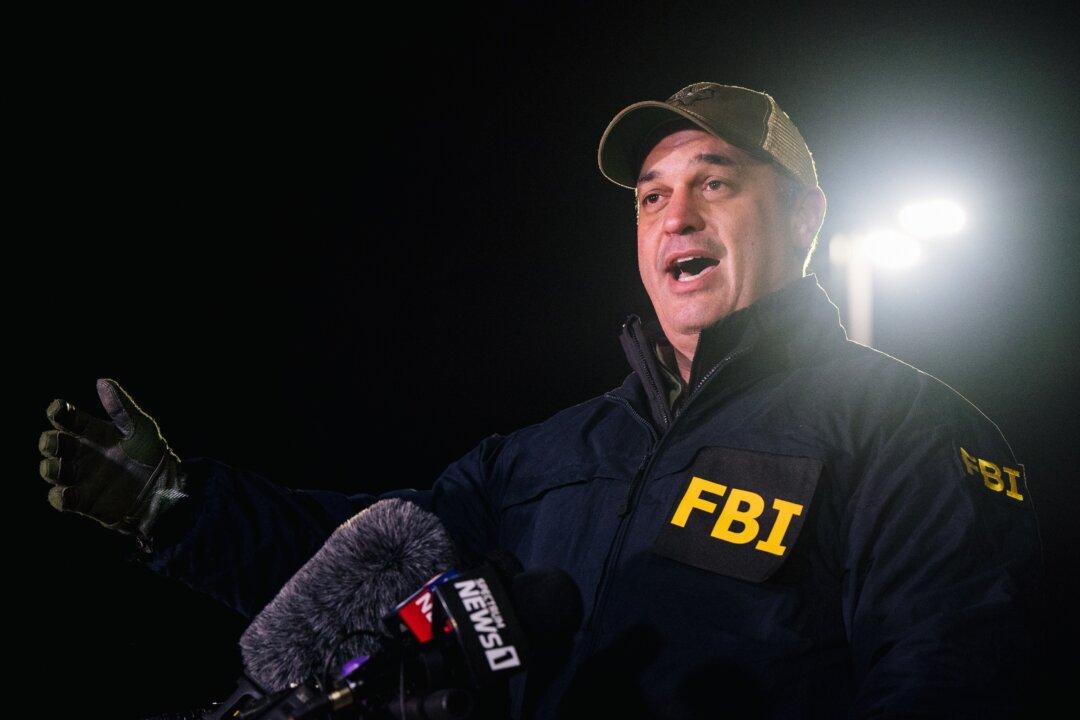The FBI said late on Jan. 16 that it is investigating the taking of hostages at a Texas synagogue a day prior as a “terrorism-related matter.”
“This is a terrorism-related matter, in which the Jewish community was targeted, and is being investigated by the Joint Terrorism Task Force,” the bureau said.





